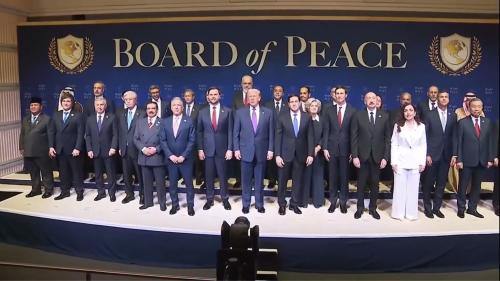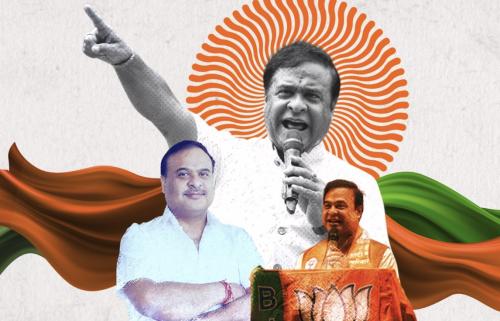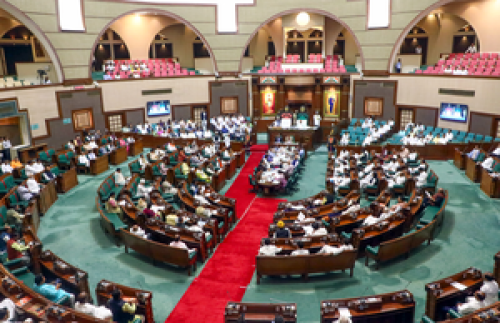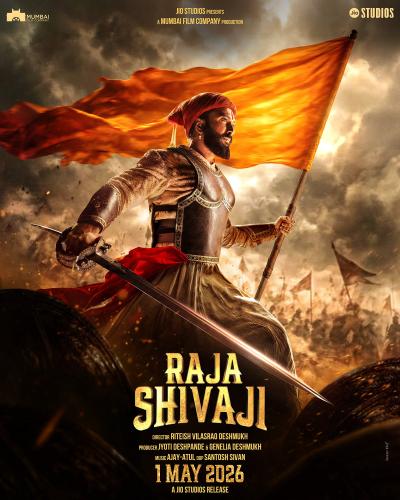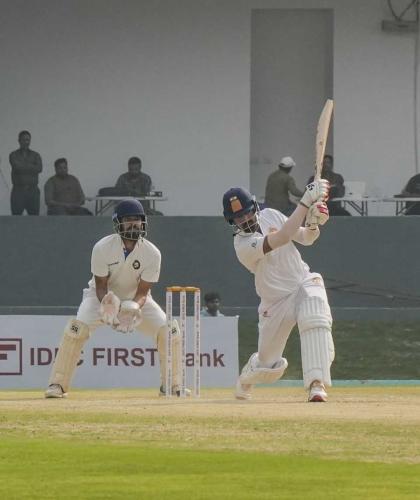Parliamentary debates famo-usly bark up the wrong tree. Our parliamentarians’ reaction to the latest set of US diplomatic cables from India released by WikiLeaks, is a case in point. There has been a storm in a teacup about the supposed pro-American shift of the UPA government, because Mani Shankar Aiyar, who happens to harbor anti-American views, lost out in a Cabinet reshuffle. The yardstick for judging policies or Ministers should not be pro- or anti-Americanism — with all the connotations that carries of an outdated victim mentality — but, who or what serves national interests best. More pertinently, lost in this debate is the more sensational disclosure from the whistleblower Web site. In south India in general, and in Tamil Nadu and Andhra Pradesh in particular, cash for votes is common.
Politicians and their aides in these two states freely and openly admitted to violating election law to influence voters in the 2009 Lok Sabha polls — through payments in the form of cash, goods or services. In one case that has been cited, the DMK distributed Rs. 5,000 to each voter in Thirumangalam to secure an assembly seat. It’s bound to breed corruption on a mega-scale if the word is out that this is how elections are won (the leaks indicate that the word is indeed out). Political parties will need to generate and maintain large treasure chests in order to contest successfully, robbing Peter to pay Paul. If this is the season when Parliament is debating corruption, shouldn’t vote-buying — and the vicious cycle of corruption that unregulated money in elections breeds — be the subject of discussion?
Courtesy: Times of India





